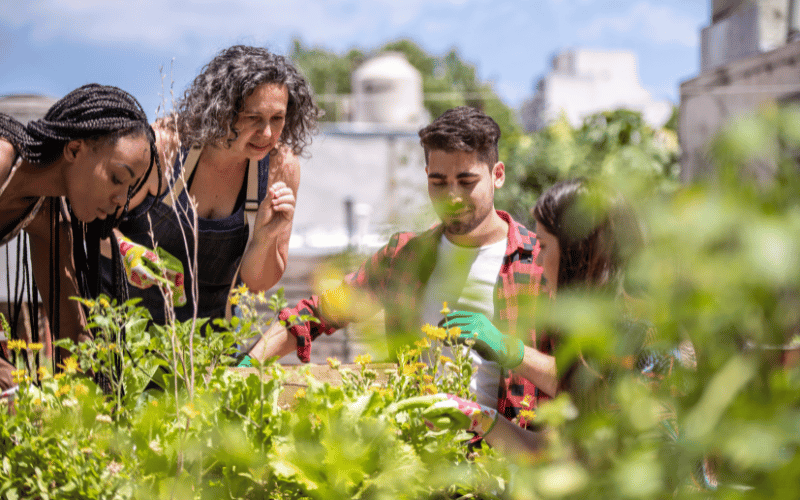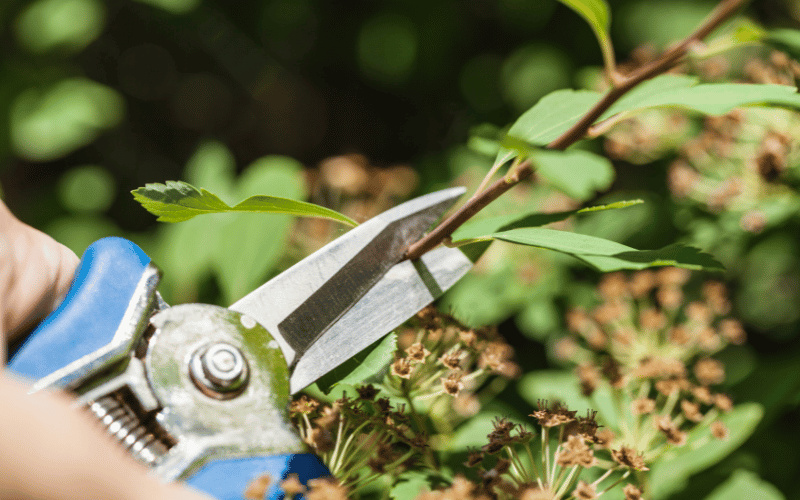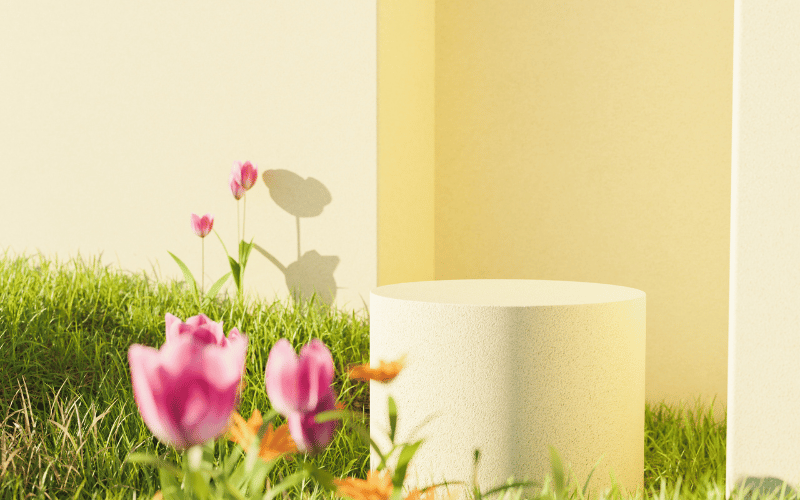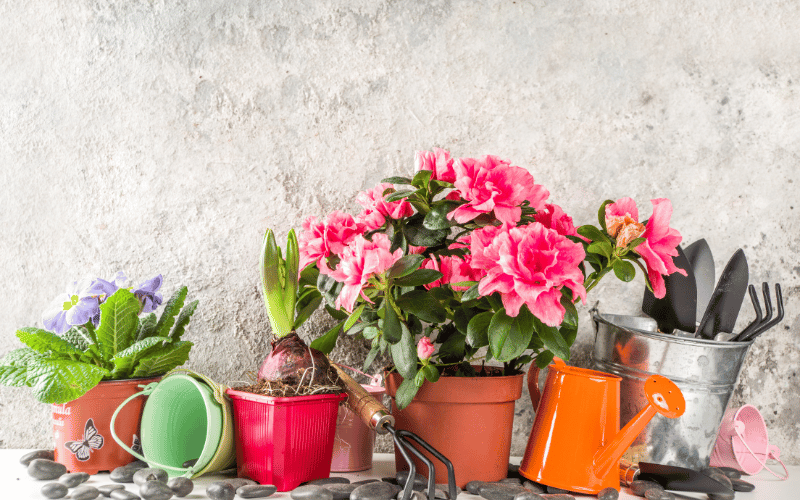17 Gardening Tips as you Learn to Garden
People of all ages are choosing to learn to garden for its list of physical, mental and emotional benefits. Plants are good for your health and it’s an inexpensive and satisfying hobby. From exercise and vitamin D to allowing you to connect with nature and clear your mind of daily stresses, the benefits certainly outweigh the risks.

Everyone has to start somewhere so we’ve compiled some gardening tips from every day experienced gardeners. The first thing to note is that depending on whether you want to learn to garden flowers, herbs, or plant vegetables, the advice you receive, and your methods will vary. One size does not fit all with the gardening tips you should follow.
We hope this guide to gardening for beginners is helpful to you as you learn to garden.
1. Think about the long game. Plant more perennials. Use the 70/30 rule, meaning you plant 70% perennial & 30% annuals. It’ll save you a lot of money, as the perennials pop up each year, and the annuals will still give you variety as time goes on.
2. Hostas are stunning and you can’t really kill them. Kind of like a cactus. They come in many different sizes and colors, and they are a great green addition as you learn to garden.
3. This one might seem obvious but give your garden access to lots of water (if the flower or vegetable wants it) and sun.
4. Maintenance gardening for beginners. Do these two things: prune off dead leaves, and use eggshells keep grubs and slugs away.

5. If you are starting your garden from May onward, buy already sprouted plants - don't start from seeds.
6. The easiest vegetables to learn to garden are carrots.
7. It can often feel like planting veggies is more work than they are worth, but there's something very satisfying about eating something out of your own garden.
8. Plant some tulips for moral support because they look really pretty.

9. Analyze your gardening space – know whether to get a full sun, shade or dappled shade plant.
10. Water: Make sure your garden hose can reach it – unless you enjoy lugging watering cans back and forth. But don’t overwater – it’s a common plant killer. In addition, you should make sure you can see your garden from your home, so you don’t forget to water it. If your space does not allow the garden to be near your garden hose, you can add hay to your dirt garden to help keep it moist, like the pioneers, who didn’t have water hoses.
11. When you are plant or flower shopping, check for poisonous plants for your pets.
12. As you learn to garden, you should accept that you might not get it right every time and there will be some loss. You can help negate the negative feelings by ensuring you schedule your garden so there’s something beautiful at each stage of your garden.
13. Things worth the financial investment. Spend money on mulch. It will save hours of weeding. Remember to pick a nutrient rich soil.

14. Some gardening tips requires a bit of research. Know your USDA Hardiness Zones and Microclimates and choose your plants accordingly. Otherwise, you risk spending a lot of time and money on something that was destined to fail.
15. Pretty planters usually need help with drainage via nursey pots or rocks. A common mistake made as you learn to garden is that if there aren’t drainage holes, the roots of your plants can rot so if a hole cannot be drilled, you can put rocks or broken pieces of clay pot at the bottom before putting in soil to help with drainage.
16. Tomatoes do not like their leaves getting wet and are prone to soil-borne diseases. When you plant them, as you learn to garden, plant them as deep as possible – submerge the entire stem, and then cover with mulch to avoid the dirt splattering up on them. When you water your tomatoes, water at ground level, rather than from above. Tomatoes also benefit from companion plants, like borage, marigolds and basil. Sounds like a potential recipe for homemade bruschetta to us.
17. Environment tip: try to plant more native plants. Native plants help the ecosystem around us – their root systems run deep, assisting with yearly runoff and flooding. They act as food for our at-risk pollinators. They are not an invasive species, whereas some non-native plants look gorgeous, they don’t help the natural ecosystem – and may cause some damage to it.
As Eeyore would say “Plants got a lot to say if you take the time to listen”.

Marketplace Events produces some of the longest-running home & garden shows across North America, connecting enthusiasts with experts, products and services in dynamic face-to-face environments. Looking to see what options are available for your beginner, or experienced garden? Check out a nearby show and talk to an expert.
